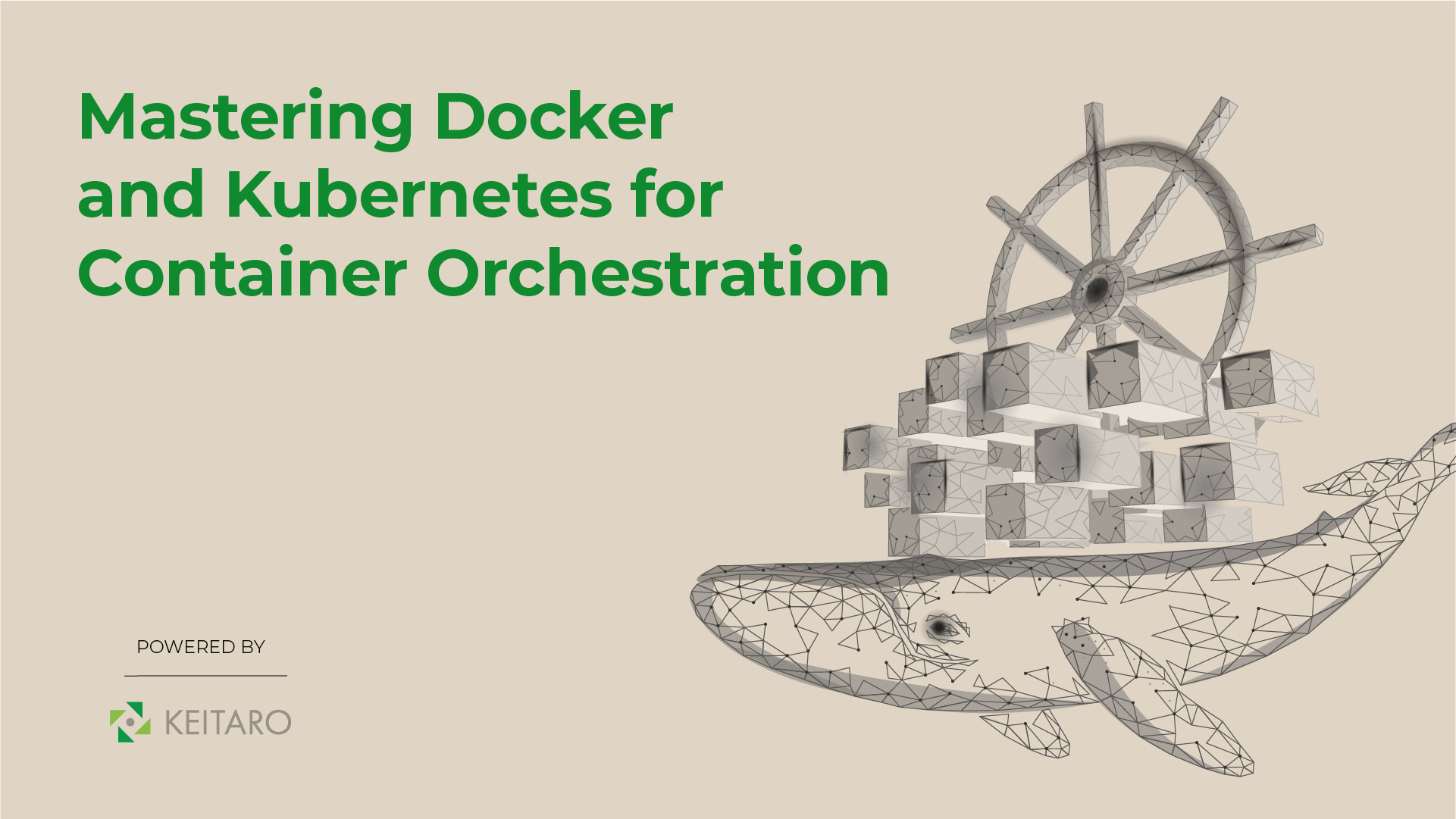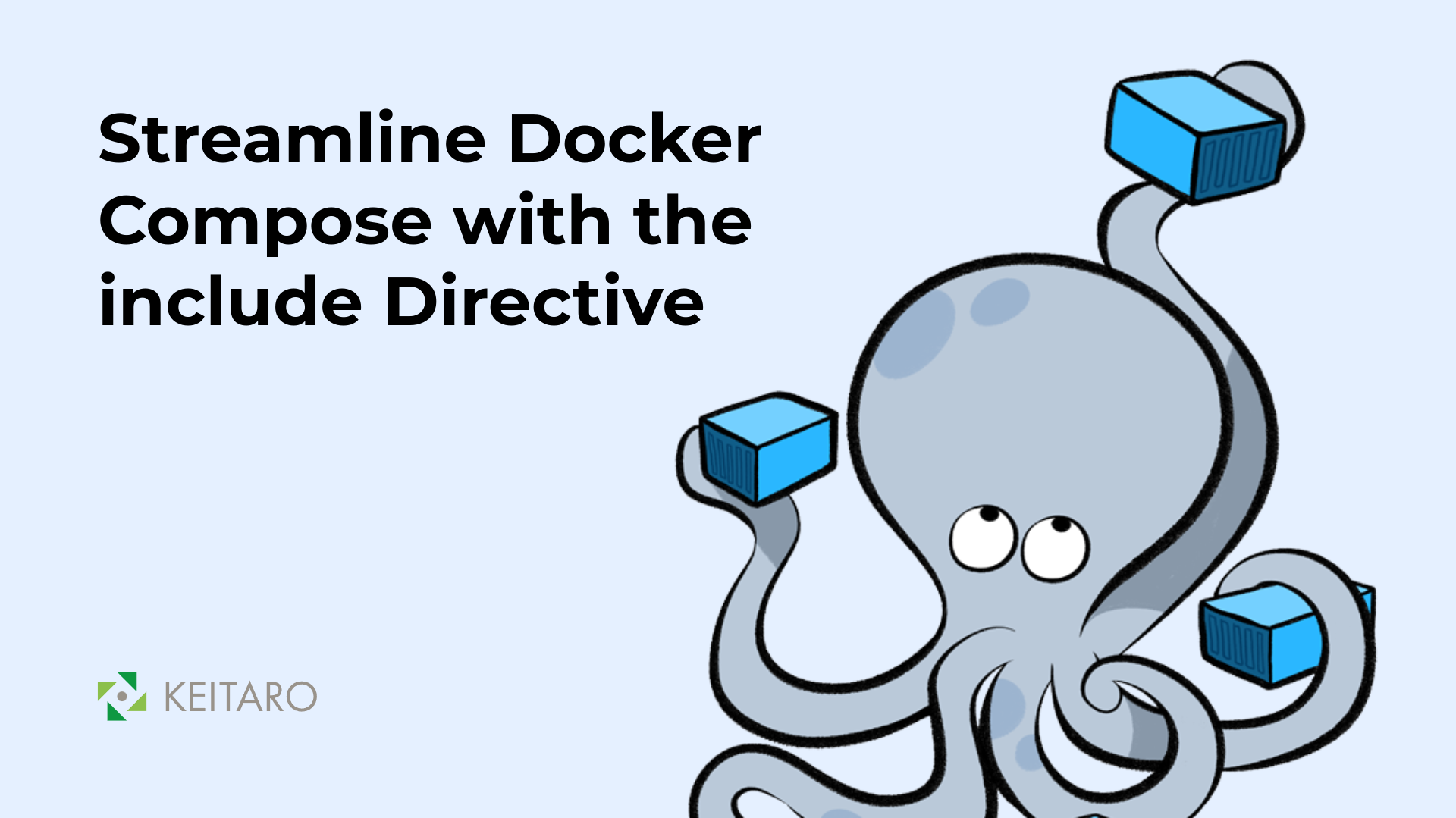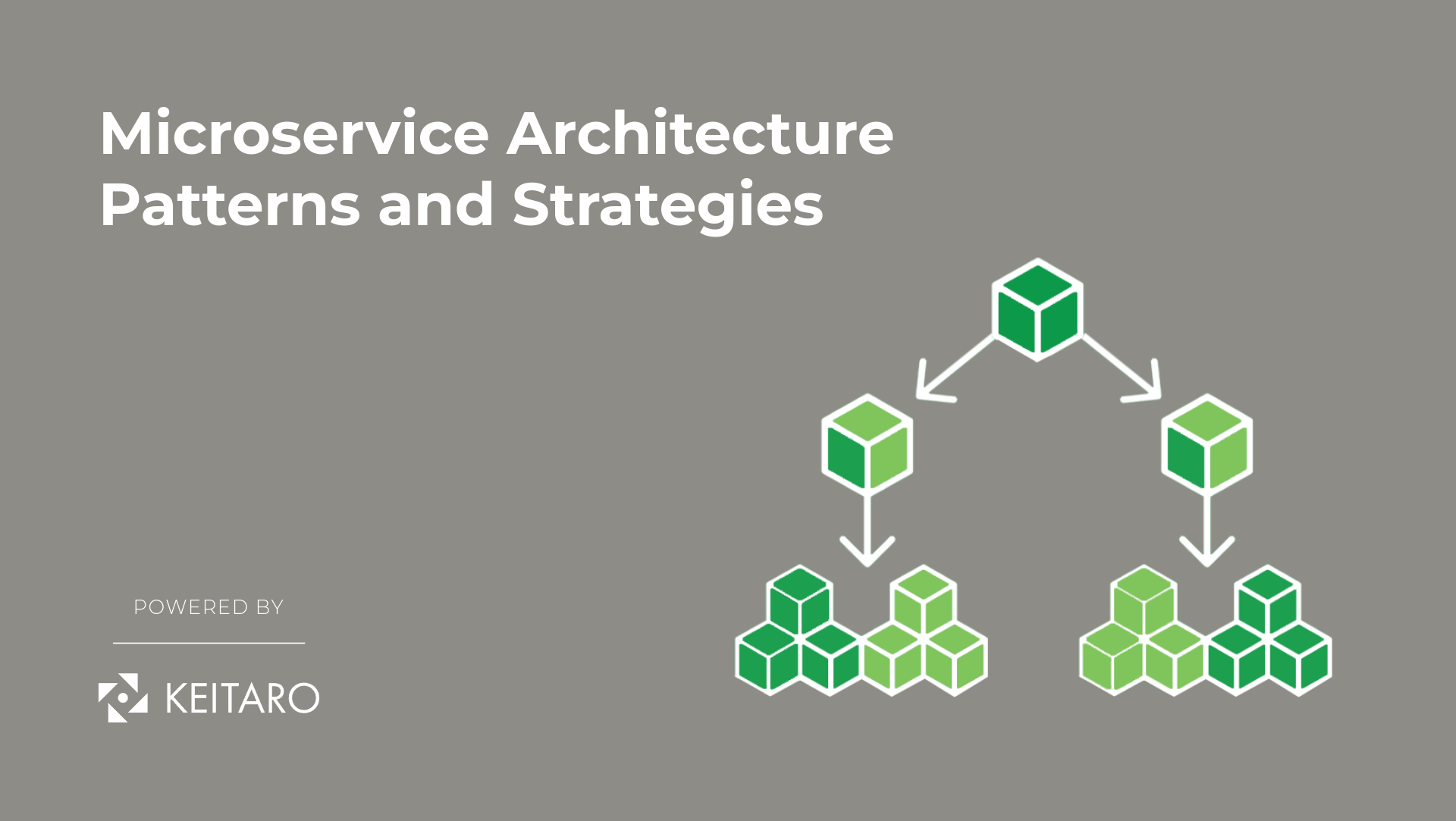Introduction
In the world of modern software development, containerization has emerged as a pivotal technology, offering portability, scalability, and efficiency. Among the many tools available, Docker and Kubernetes stand at the top, facilitating the seamless orchestration of containerized applications across different environments.
Understanding Docker: Containerization Simplified
Docker provides a standardized platform for developers to build, ship, and run applications in isolated environments known as containers. These containers encapsulate everything an application needs to run, from code and libraries to system tools and dependencies, ensuring consistency across different environments, whether it’s development, testing, or production. With Docker, applications run the same, regardless of the underlying infrastructure, making deployment very easy. Whether you’re running a simple web server or a complex microservices architecture, Docker empowers developers to package their applications into portable units, accelerating the software development lifecycle and promoting collaboration across teams.
Kubernetes: Orchestrating Containers at Scale
While Docker simplifies the process of containerization, managing containerized applications at scale requires a more robust solution. This is where Kubernetes comes into play. Kubernetes is an open-source platform designed to automate the deployment, scaling, and management of containerized applications. At its core, Kubernetes provides a powerful set of features for orchestrating containers, including automatic scaling, self-healing, and service discovery. By defining desired states and declaratively specifying how applications should run, Kubernetes abstracts away the complexities of managing containerized infrastructure, allowing developers to focus on building and shipping great software. With Kubernetes, developers can deploy their applications across a cluster of machines, ensuring high availability and fault tolerance.
Leveraging Docker and Kubernetes for Scalable Microservices
In today’s era of cloud-native computing, microservices have emerged as the architecture of choice for building scalable and maintainable applications. By decomposing monolithic applications into smaller, independently deployable services, organizations can achieve greater agility, scalability, and resilience. This is where Docker and Kubernetes shine brightest. By combining the power of Docker’s lightweight containers with Kubernetes’ robust orchestration capabilities, developers can build, deploy, and scale microservices architectures with ease. With Docker, each microservice is encapsulated in its own container, providing isolation and portability. Meanwhile, Kubernetes automates the deployment and scaling of these containers, ensuring that each microservice runs reliably and efficiently. By mastering these technologies, developers can unlock new possibilities in software development, empowering them to build and deploy applications faster and more efficiently than ever before.
In conclusion, mastering Docker and Kubernetes is essential for anyone looking to thrive in the world of container orchestration. By understanding the fundamentals of Docker, harnessing the power of Kubernetes, and leveraging these technologies to build scalable microservices architectures, developers can take their software development skills to new heights, delivering innovative solutions that drive business success in today’s digital age.



